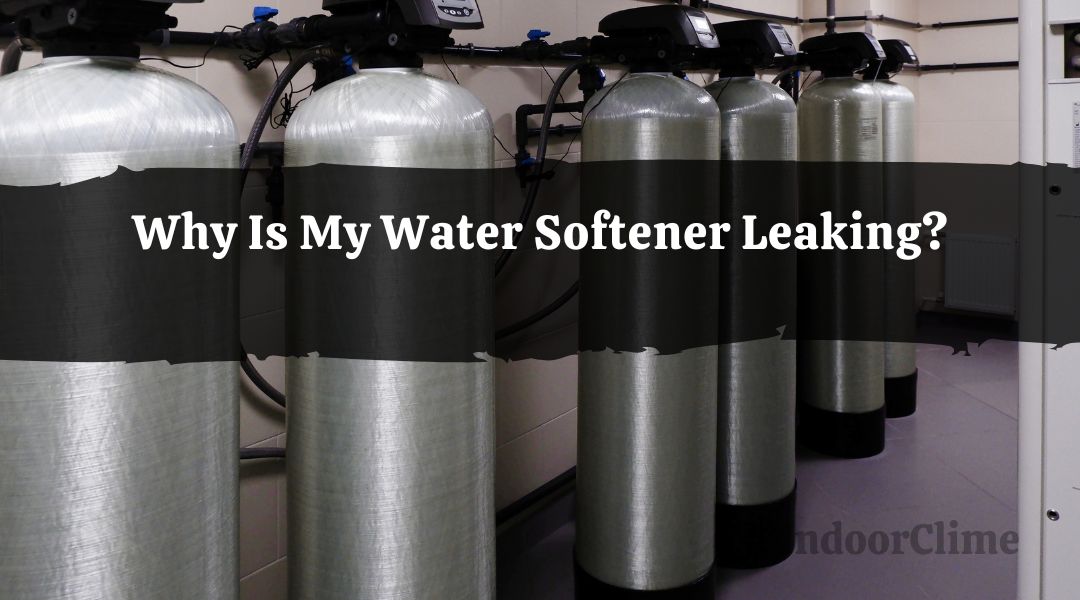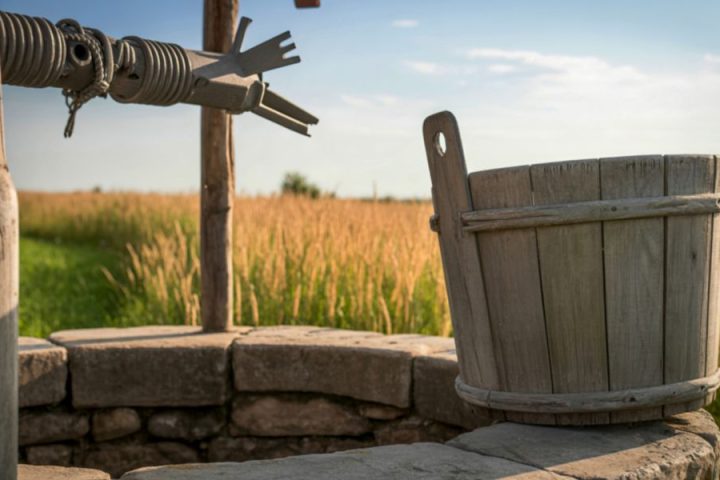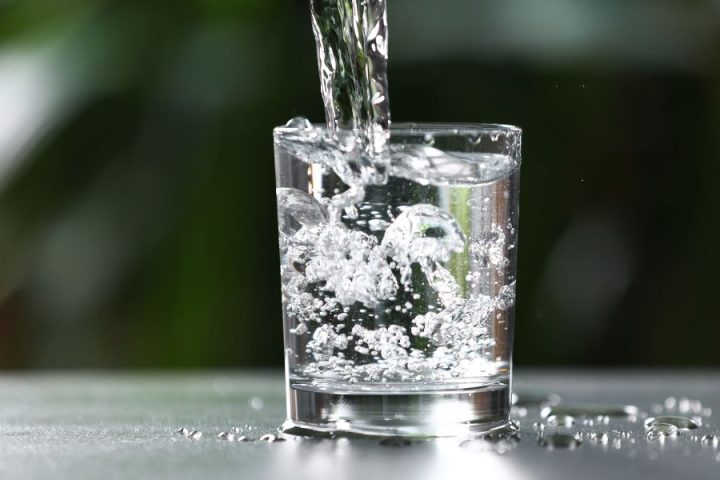Our home’s water supply is a vital resource that needs to be kept in reasonable condition if we want to enjoy clean, safe, healthy water for drinking, bathing, and cleaning.
A water softener plays an essential role in our home water treatment to protect our plumbing and fixtures from the damaging effects of hard water. But what do we do when we see our water softener leaking?
Your water softener is leaking because of a crack on the rotor valve, a crack in the brine tank, a loosened hose connection, or defective Valve-O rings. It’s crucial to get this immediately to avoid costly repairs.
Before calling the plumber, here are a few professional recommendations to prevent the water softener equipment from further damage.
First Things To Do When Water Softener is Leaking

Like any equipment, the first thing to do is turn off the power to avoid further deterioration. The breaker box is usually located in the garage, basement, or utility room.
Check the location of the unit’s circuit breaker and switch it to the “Off” position upon reaching the box.
Next, assess the source of the leak. We can check the hoses that connect the brine tank to the softener and inspect the hoses for any cracks or leaks.
If there are any visible damages, turn off the water supply connected to the house and disconnect the hoses from the brine tank.
Brine tanks with visible cracks and leaks need to be emptied. Once the tank is empty, remove the lid and inspect the inside for damages or defects.
Any damages in the brine tank may require replacing the whole tank. Though it can be tempting to do this without professional help, a local water treatment professional would do a better job of safely installing the unit in the home.
Look for the water softener warranty and see when if it still covers replacement. Always keep this warranty so that when the need arises, it’s easy to contact the manufacturer and have the unit checked or replaced immediately.
If you have any questions or concerns about the device or if there’s a need for a service call, get in touch with a local water treatment professional. A water softener specialist would be more efficient in troubleshooting the problem and have the device back up and running in no time!
Why Is My Water Softener Leaking From The Top?
Water softener leaking can be frustrating, especially when we’re unsure where the leak is coming from.
If the unit has noticeable cracks at the top, a probable cause could be a rotor valve breach. The rotor valve is located at the top of the unit and regulates water flow into the device.
A rotor valve also has seals that act as barriers between the moving parts and the water. However, these parts can become worn out over time, causing leaks.
If there is a noticeable leak, we suggest having a water softener specialist or local plumber inspect the equipment. Any defects in the device should be appropriately diagnosed to derive the best course of action.
Why Is My Water Softener Leaking From The Bottom?

A common culprit for leaks at the bottom of the unit could be a breach in the brine tank.
The brine tank is where salt and water are mixed to create a concentrated solution to remove hardness from the water. Over time, the brine tank can develop cracks, which will cause leaks.
Another possible reason for a water softener leak from the bottom is a loose hose connection. The hoses that connect the water softener to the plumbing can become loose over time and cause water to leak from the connection point.
Noticeable breaches in the bottom of the unit should be assessed for connected hoses first. If the hoses are tight, then it’s likely that a crack has developed in the brine tank and will need to be replaced immediately.
Why Is My Water Softener Leaking From The Drain Line?

A clogged drain line is one of the most common causes of water softener leaks.
The drain line is responsible for carrying the wastewater from the water softener to the sewage system or septic tank. Over time, the drain line can become clogged with sediment and debris.
When the drain line becomes clogged, water will back into the water softener and leak out from the overflow. A great way to prevent this is to have the drain line cleaned regularly.
Cleaning the drain line would require shutting off the water to the unit and disconnecting the drain line from the sewage system. Once the line is disconnected, use a plunger or snake to clear the clog.
A plumber or water softener specialist would be able to do this task as well. Take the opportunity to have the device evaluated for other possible damages if the unit has been running with leaks for an extended time.
We recommend that the water softener be serviced every 12 months. Doing this helps prolong the efficiency and lifespan of the appliance.
During a service call, a technician will clean the unit, inspect all parts, and make any necessary repairs.
Why Is My Water Softener Hose Leaking?

If the device’s hose leaks, it’s likely due to a loose connection. The hoses that connect the water softener to the plumbing can become loose over time, causing the water to leak from the connection point.
Avoid this by regularly checking the hose connections and ensuring these are tight. If there’s a visible leak, shut off the water to the unit and tighten the connection. Use a wrench if necessary.
If the leak continues, it’s possible that the hose is damaged and will need to be replaced by a local plumber.
How Should I Fix a Leaking Water Softener?
Immediately switch off the power after noticing any unusuality with the water softener equipment to prevent further damage.
Noticeable leaks at the topmost portion of the unit will require a specialist or local plumber to inspect the equipment.
People Also Ask
How much does it cost to fix leaking water softeners?
The cost to fix a damaged unit depends on what caused the leak. A loosened hose connection will be relatively inexpensive.
A typical service call to have a water softener serviced will cost around $200, including labor and parts. In addition, replacement parts will cost extra if they are needed.
However, the repair could be more costly if the brine tank leaks. It should range from about $700 to $1,000 to replace the entire brine tank.
Can I turn off my water softener?
Yes, it is okay to turn off the water softener. However, insisting on using a damaged water softener unit could cause a further breakdown of the unit, leading to additional costs on repair and replacement parts down the road.




